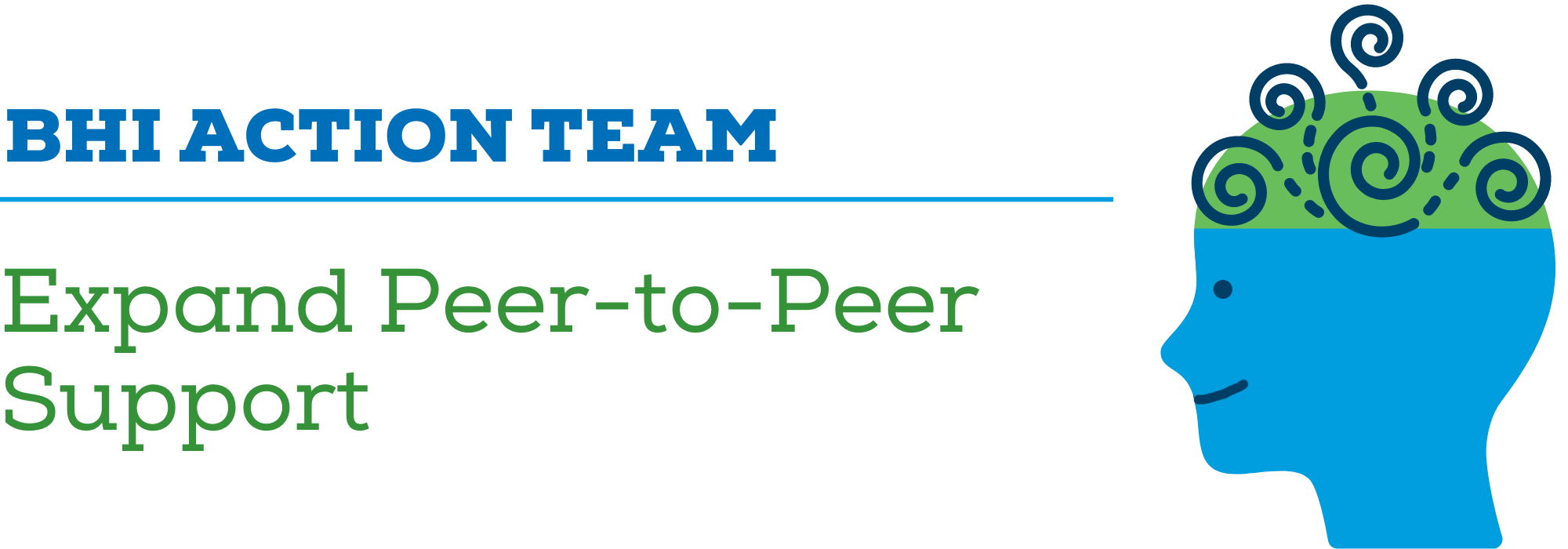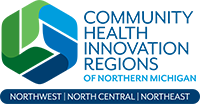
Project Name:
Expand Lay Providers, Indigenous Healing, and Peer-to-Peer Support
Team Leaders, Members and their Organizational Affiliations:
- Paula Martin – Groundwork Center for Resilient Communities
- Heather Muha – Benzie-Leelanau District Health Department
- Mindy Fernandes – Michigan House Republicans
Additional Partners:
- Cynthia Hendrix – Cheboygan Youth Center
September 2022 Behavioral Health Summit Materials
SUPPORTING DOCUMENTS
April 2022 Behavioral Health Summit Materials
SUPPORTING DOCUMENTS
![]()
